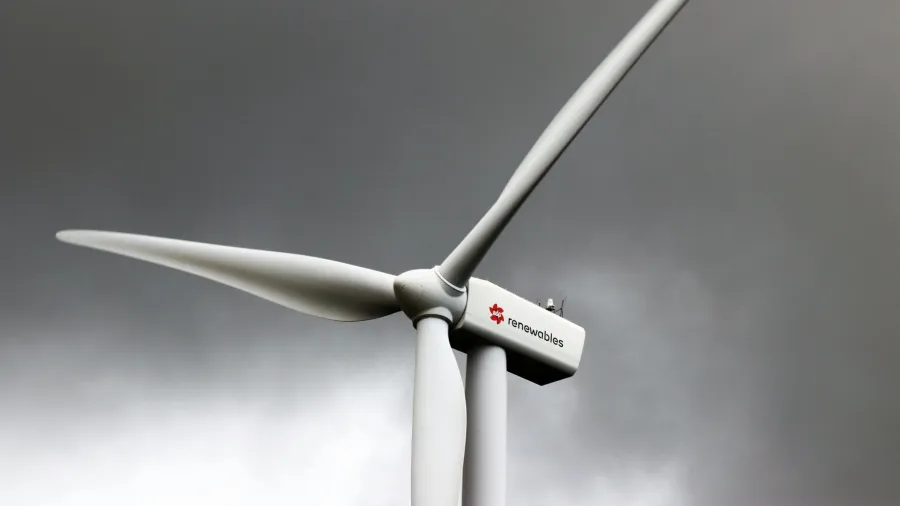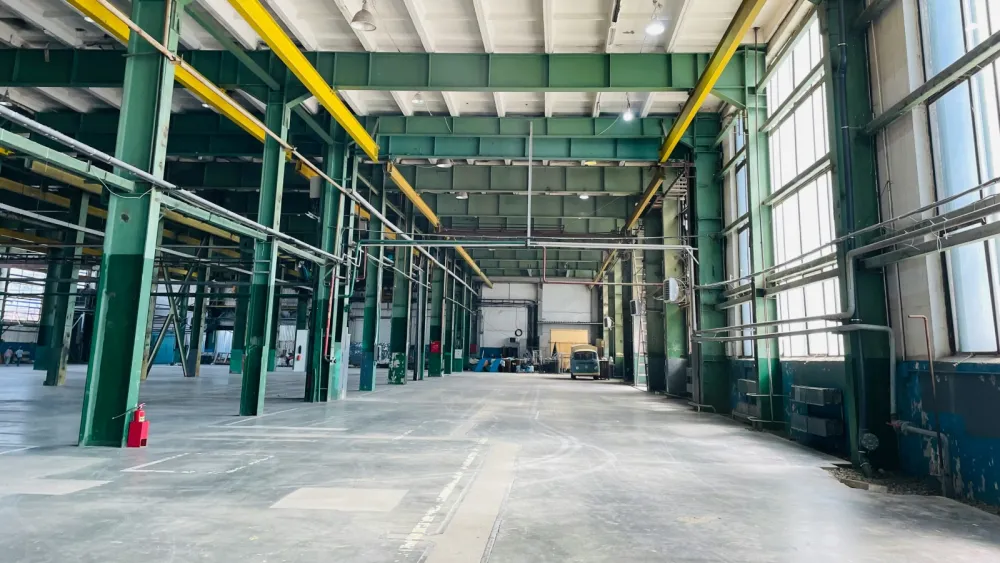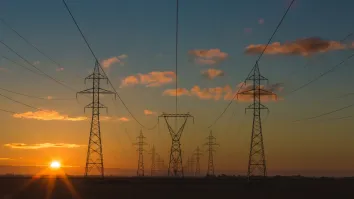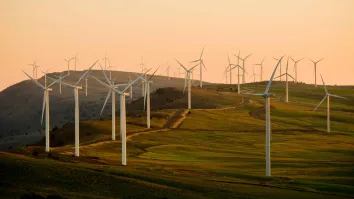
Copenhagen Offshore Partners completes EIA for offshore wind project in Korea
This will contribute to the country’s 2030 renewable energy targets.
Renewable energy developer Copenhagen Offshore Partners (COP) has completed the Environmental Impact Assessment (EIA) consultation with South Korea’s Ministry of Environment and Ministry of Trade, Industry and Energy for its Haewoori Offshore Wind project in Ulsan.
“The completion of the EIA consultation is meaningful as we focus on corporate social responsibility and sustainable development across our entire floating offshore wind portfolio in Ulsan,” said Jonathan Spink, COP Korea co-CEO and CEO of Haewoori Offshore Wind Co., Ltd.
The EIA process involves an analysis of the project’s potential environmental impacts on offshore and onshore ecosystems, including marine and onshore environmental quality, noise, and socioeconomic factors.
The Haewoori Offshore Wind Project is a 1.5 gigawatt floating project planned approximately 80 kilometres off the coast of Ulsan. This is seen to contribute to Korea's 2030 renewable energy goals and the global RE100 initiative, which aims for companies to source 100% of their electricity from renewable sources.
COP leads the development for the facility on behalf of the project’s owner, Copenhagen Infrastructure Partners through its CI V fund.


















 Advertise
Advertise







